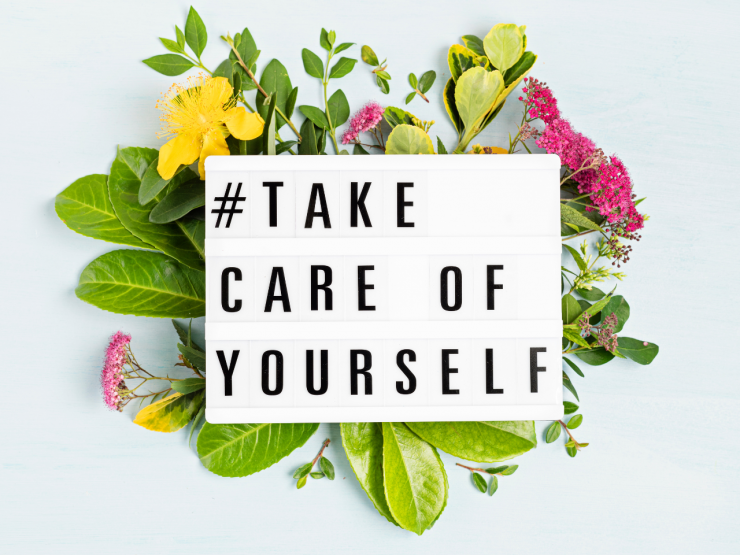Self-care is not just a buzzword; it’s a fundamental aspect of maintaining mental and emotional well-being. In today’s fast-paced world, it’s easy to neglect our own needs in favor of meeting external demands. However, prioritizing self-care is essential for fostering resilience, reducing stress, and enhancing overall quality of life. In this article, we explore practical and effective self-care strategies that can promote mental health and emotional balance.
- Prioritize Sleep: Quality sleep is crucial for mental health and well-being. Aim for 7-9 hours of uninterrupted sleep each night, and establish a relaxing bedtime routine to signal to your body that it’s time to wind down. Avoid screens and stimulating activities before bed, and create a comfortable sleep environment free of distractions.
- Engage in Physical Activity: Regular exercise has been shown to have numerous benefits for mental health, including reducing symptoms of anxiety and depression, improving mood, and enhancing self-esteem. Find physical activities that you enjoy, whether it’s walking, running, dancing, or practicing yoga, and incorporate them into your routine.
- Practice Mindfulness: Mindfulness involves paying attention to the present moment with openness and curiosity, without judgment. Engaging in mindfulness practices such as meditation, deep breathing exercises, or body scans can help reduce stress, increase self-awareness, and cultivate a sense of inner peace.
- Nourish Your Body: Eat a balanced diet rich in fruits, vegetables, whole grains, lean proteins, and healthy fats. Limit processed foods, sugar, and caffeine, which can negatively impact mood and energy levels. Stay hydrated by drinking plenty of water throughout the day, and listen to your body’s hunger and fullness cues.
- Set Boundaries: Learn to say no to activities or commitments that drain your energy or overwhelm you. Establishing boundaries is essential for protecting your time, energy, and mental health. Prioritize activities that align with your values and bring you joy, and don’t feel guilty about prioritizing your own needs.
- Cultivate Social Connections: Human connection is vital for mental health and well-being. Make time for meaningful interactions with friends, family members, or support groups. Share your thoughts and feelings with trusted individuals, and don’t hesitate to reach out for support when needed. Building a strong support network can provide comfort, validation, and perspective during challenging times.
- Engage in Activities You Enjoy: Make time for hobbies, interests, and activities that bring you joy and fulfillment. Whether it’s reading, gardening, painting, or playing music, engaging in activities that nourish your soul can help reduce stress and increase feelings of happiness and satisfaction.
- Seek Professional Support: If you’re struggling with your mental health, don’t hesitate to seek help from a mental health professional. Therapy, counseling, or medication may be beneficial in managing symptoms of anxiety, depression, or other mental health concerns. Remember that asking for help is a sign of strength, not weakness.
Prioritizing self-care is essential for maintaining mental and emotional well-being in today’s fast-paced world. By incorporating these practical self-care strategies into your daily routine, you can nurture your mind, body, and spirit and cultivate a greater sense of balance, resilience, and fulfillment in life. Remember, self-care is not selfish – it’s an act of self-love and compassion that benefits both you and those around you.

